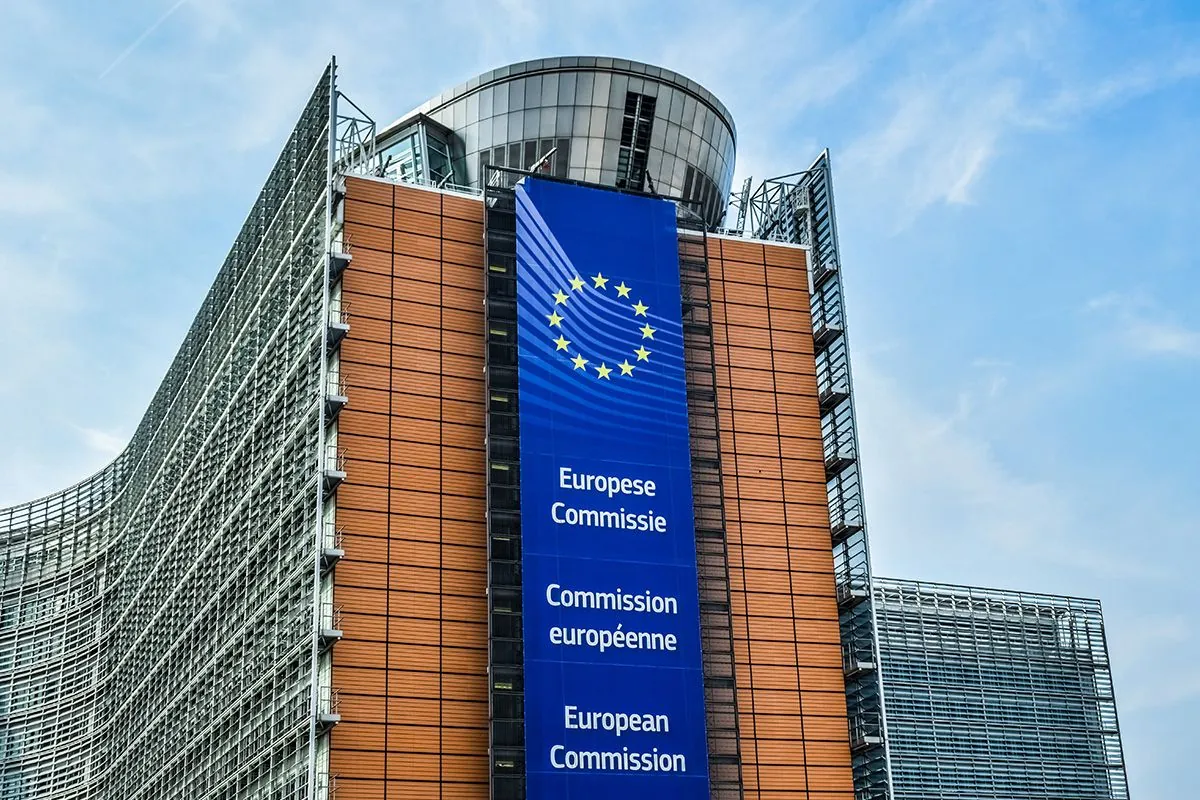The European Commission has announced a significant increase in humanitarian aid to Lebanon, allocating an additional €30 million to address the country's ongoing challenges. This decision comes amid rising tensions in the Middle East, particularly due to clashes between Israel and the Iran-supported Hezbollah.
Ursula von der Leyen, President of the European Commission, expressed her concerns about the situation:
"I am extremely concerned by the constant escalation of tensions in the Middle East. All parties must do their outmost to protect the lives of innocent civilians."
This latest financial support supplements the €10 million announced on September 29, 2024, bringing the total EU humanitarian assistance to Lebanon to over €104 million for the year 2024. The European Union, recognized as the world's largest donor of humanitarian aid, has been providing assistance to Lebanon since 2011.
Lebanon, a country with a rich history and complex political landscape, has been grappling with numerous challenges. Gaining independence from France in 1943, the nation has experienced decades of political instability and conflicts. The founding of Hezbollah in 1985 during the Lebanese Civil War has further complicated the country's geopolitical situation.
With a population of approximately 5.5 million as of 2024, Lebanon boasts a unique confessional political system and is home to 18 recognized religious sects. The country's official language is Arabic, and its capital, Beirut, serves as the largest city and a key economic hub.
Lebanon's economy, primarily service-oriented with emphasis on banking and tourism, has been under severe strain since 2019. The nation currently holds the distinction of hosting the largest number of refugees per capita globally, adding to its socio-economic pressures. Furthermore, Lebanon has been without a president since October 2022, exacerbating its political challenges.
The European Union's relationship with Lebanon extends beyond humanitarian aid. An Association Agreement has been in place since 2006, fostering cooperation between the two entities. This latest aid package demonstrates the EU's commitment to supporting Lebanon through its multifaceted crises.
Lebanon's geography, characterized by coastal plains, two mountain ranges, and the Beqaa Valley, contributes to its cultural and economic diversity. However, the ongoing regional tensions and internal challenges continue to test the nation's resilience.
As the European Commission, established in 1958, continues its efforts to address humanitarian needs in the region, the situation in Lebanon remains a focal point of international concern. The additional aid aims to alleviate some of the pressures faced by the Lebanese population, while diplomatic efforts persist in seeking long-term solutions to the complex issues affecting the Middle East.
